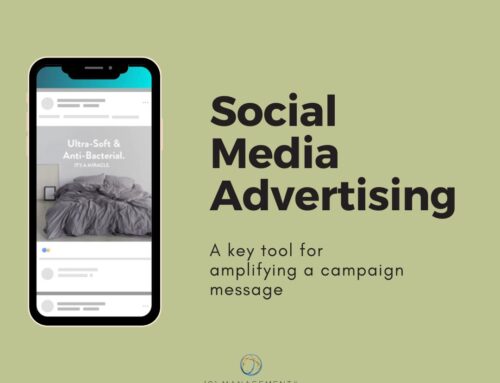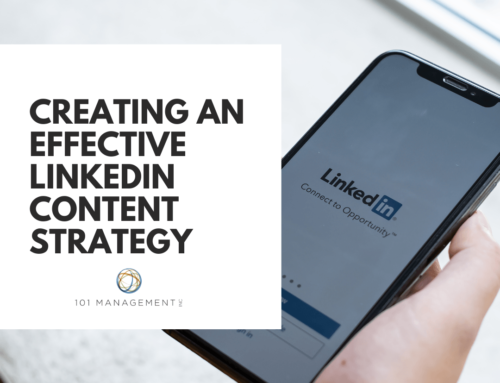You know that social media is the way to communicate with potential buyers, but 101 Management has learned of a troubling new study that could potentially make your job more difficult. Therefore, we want to show you how to combat this worrisome trend.
Here’s What You Need to Know
First, the bad news. A recent survey by Edelman revealed that only 41 percent of people in nine countries said they trust social media. Only 30 percent of Americans said they trust platforms to provide factual information.
Trust in social media has been dropping steadily for years, but has become noticeably larger in the wake of the Facebook/Cambridge Analytica scandal. What’s worse is that consumers are holding the brands associated with various social media platforms responsible for what those platforms do. In particular, younger and more liberal consumers are more likely to consider their social values when deciding what to buy, according to a report on the study from CBS News.
“The new thing is that people want brands to intervene [to exercise control over what appears on each platform],” Richard Edelman, the firm’s CEO told CBS News, which reported on the Edelman study. “The consumer has the ability to buy a brand or boycott a brand. They’ve told us, two-thirds of them, ‘I will boycott a brand that doesn’t stand up for me on issues I care about.’ ”
Obviously the small businessperson has no control over what the giant platforms do. So what can you do to help your customers trust you?
Be yourself
The average person can spot a fake a mile away. Be friendly, be informal, be funny if you’re good at that sort of thing. If you let your personality shine through, people will begin to understand you’re a real person, not just someone out to grab their money or their personal data.
More importantly, be available. Listen and respond to your customers. Let them know there’s a real person behind those tweets, not a bot.
Don’t sell
This is a follow-on to the above guideline. Do not blatantly sell to visitors. Offer high-quality content on your website and through all your social media communications. Provide solutions to problems. Share knowledge about what you sell. An old expression goes, “You can get anything you want in life if you help enough other people get what they want.”
Be socially responsible
Millennials are more likely to support companies that show they’re in it for more than just money. Do you use environmentally sustainable sources or packaging? Are you ensuring that suppliers support fair labor practices? Do you volunteer in your community, or support (non-political) charitable causes like disadvantaged children?
Do not brag. Just make sure that the causes and practices you endorse are known and encourage your followers to do likewise.
Be open
You need to collect data on your visitors, regular customers, and members, but given how wary many of us are, tell them exactly what you’re using this information for, and what steps you take to protect it.
By the same token, if a screw-up happens (and they always will), don’t blame and offer excuses. Let the customer know exactly what happened, and how you’re going to make it right. Everyone knows that mistakes happen; they’ll be much more forgiving if you admit it and fix it. This is the essence of creating trust: You’ll gain a reputation as someone who can be counted on to deliver value for their money.
Be selective
Do you need all the data you collect? Could it be backfiring? One survey of U.S. consumers discovered that 75 percent of those questioned found personalized advertising to be “creepy.” Another study by Deloitte in 2017 reported that only 27 percent of customers were willing to share personal data in exchange for personalized advertising. Chances are, given the recent Facebook/Cambridge Analytica scandal, those numbers have dropped even further.
Along these lines, be selective in your contacts with customers and potential customers. If you have a sale they should know about or if you have some interesting information, go for it. But frequent email blasts or social media alerts to everyone on your list can too easily become just more electronic “noise” they’ll learn to ignore. Worse, if they’re seen as annoying, they will turn off the very people you’re trying to court.
Trust is earned over time. If it’s reflected in every aspect of your business, it will eventually become apparent to your customers.
For more tips on ways to build trust with your audience, talk to your marketing and branding experts at 101 Management, Inc.










Leave A Comment